7 Amazing Health Benefits Of Chili Oil
This spicy condiment is not only a tasty addition to your dishes but also a healthy option.

Image: Shutterstock
The many benefits of chili oil have recently caught the attention of health enthusiasts. Extracted from the Salvia hispanica L plant, chili oil is a powerhouse of essential vitamins, minerals, and healthy fats. Although popularly used as an anti-aging remedy in skincare, chili oil is used in cooking several dishes across global kitchens for its nutty flavor. In this article, we will take a look at the benefits of chili oil and a simple recipe you can try at home!
 Know Your Ingredient: Chilli Oil
Know Your Ingredient: Chilli OilWhat Is It?
A spice-infused oil made with chilies for use in cooking or as a condiment.
What Are Its Benefits?
It promotes bone and heart health and boosts the immune system.
Who Can Consume It?
All except people with gastronomic disorders.
How Often?
Regularly, in moderation.
Caution
It can cause stomach pain and diarrhea if consumed in excess.
In This Article
Health Benefits Of Chili Oil

Chili oil is usually made of soybean oil and chili extracts. Chili and soybean oil benefits the body in many ways. This fiery combination is rich in nutrients. If you would like to know what these health benefits are, then read on!
1. Source Of Protein
Every 100 grams of chili pepper contain around one gram of protein
(1). When you eat more protein, you automatically protect your body from loss of muscle mass, decreased immunity, and poor respiratory system (2).
2. Vitamin D Benefits
While chili oil is rich in nutrients, some believe it contains vitamin D too.
However, research shows that chili does not contain Vitamin D (1).
Vitamin D may help protect against Alzheimer’s disease and bone disease and may aid cancer prevention. You may also get your vitamin D from milk, tuna fish, and egg yolks (3).
3. Vitamins A, E, And K

Chili oil also contains Vitamins A, E, and K (1). Vitamin K helps make various proteins needed for blood clotting and good bone health (4). These vitamins have antioxidant properties that play a major role in building the immune system (5).
4. Iron Benefits

Chili oil contains a good amount of iron (1). Eating iron-filled foods may prevent several illnesses such as glossitisi A condition causing inflammation of the tongue often triggered by food or drug allergies, oral infections, or nutrition deficiencies. . It also helps you feel relaxed. Iron is one of the major nutrients that prevent you from feeling tired and exhausted. In fact, iron deficiency can lead to anemia (6).
A report by WHO (World Health Organization) estimates that 30% of menstruating women between the age of 15-49 as well as 37% of pregnant women are also affected by anemia. Furthermore, anemia caused 50 million years of healthy lives lost in 2019, with iron deficiency being one of the major causes.
5. Good For The Heart

Another benefit of chili oil is its ability to take great care of the cardiovascular system. It contains beneficial compounds like capsanthini A reddish pigment, classified under carotenoids, naturally occurring in chilies with known antioxidant and anti-inflammatory benefits. in small quantities (7), which may raise HDL cholesterol levels and improve your heart health.
6. Vitamin C Benefits
Chili oil also contains Vitamin C (1), which may protect you from cardiovascular diseases (8). Vitamin C may also shorten the duration of a cold or the effect of recent cold treatment (8). Other sources of Vitamin C are oranges and grapefruit (8). Chili oil also helps improve immunity by fighting against infections.
7. Anti-Inflammatory Properties
Chili peppers contain capsaicin and other capsinoids, which are known for their anti-inflammatory properties. Both topical application and oral consumption of these compounds have been shown to reduce pain and swelling linked to muscle soreness and other chronic inflammatory conditions like arthritis (9).
Chillies contain a class of compounds called capsaicinoids that are responsible for their flavor. These compounds may also have incredible help benefits, such as increased metabolism, weight loss, and pain relief due to its antioxidant properties. The following graph demonstrates the levels of capsaicinoids in different varieties of red peppers, which makes them healthy for our body in balanced amounts.

Total Capsaicin Content In Red Peppers In Scoville Heat Units (SHU).
Source: Capsaicinoids, Polyphenols and Antioxidant Activities of Capsicum annuum: Comparative Study of the Effect of Ripening Stage and Cooking MethodsKey Takeaways
- Chili oil is dynamic as it can be made with any kind of chili and oil.
- It is a good source of protein and contains many vital nutrients that strengthen your immune and respiratory systems.
- It is a good source of protein and contains vitamins D, A, E, and K that strengthen your immune and respiratory systems.
- The iron content in chili oil keeps you from feeling tired and prevents illnesses like glossitis.
- Overconsumption of chili oil can lead to heartburn, nausea, diarrhea, or acid reflux.
How To Make Chili Oil At Home
The procedure to prepare homemade chili oil is quite simple. Following is what you should do:
- The first thing you need to do is choose your base oil. Now, this is entirely dependent on you. You can try peanut oil, almond oil, or even sesame oil. Take the base oil and gently pour it into the pan.
- Slice chili peppers according to length. Take out the seeds too.
- Fry chili peppers in oil for about 8 minutes. Then pour them directly into the oil.
- Let the oil cool and transfer to a clean, dry jar.
- Cover it using its lid and store it in a cool, dark place to maintain the oil’s flavor and extend its shelf life.
An Indonesian blogger tried her hand at making chili oil at home after tasting it at different restaurants and not finding it to her taste. She shared a detailed recipe involving infusing the oil with spices, frying garlic until golden brown, and then combining it with the chili mixture. She recommends, “It is better to make chili oil one day ahead before using it as a dipping sauce to let all the flavors come together (i).”
 Quick Tip
Quick TipWondering how to add chili oil to your food? Scroll down to find out.
How To Use Chili Oil
Chili oil can be added to any dish of your choice. Here are some ways to use it:
- Drizzle it over pasta, dumplings, fried eggs, and grilled meats to enhance their flavors.
- Add it to marinades to add a spicy kick to meats.
- Add it to salads, soups, stews, or broths before serving.
- Mix it with tomato sauce, soy sauce, vinegar, and sugar to prepare a sweet and sour dipping sauce.
You can also use chili oil to prepare noodles. Check out the recipe in the following section.
Noodles Using Sesame Chili Oil
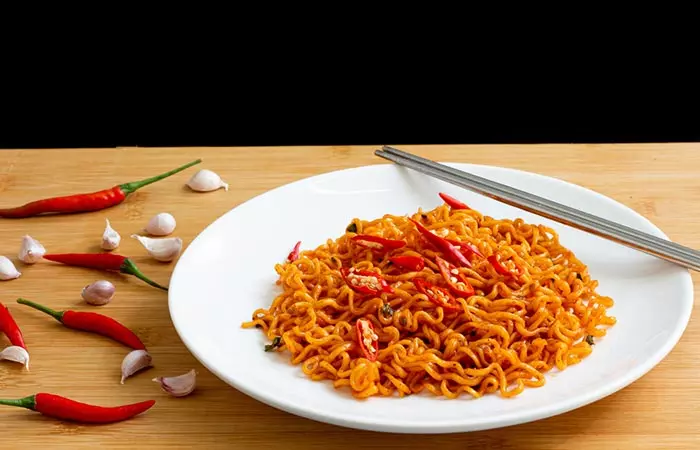
Sometimes food is not just about taste, but also about the wonderful fragrance it imparts. It also is about the medicinal and nutritional benefits that come along with it. Sauces that contain sesame paste are a great source of fatty acids and benefit your health immensely. Ground peanuts give you energy for the day and supply your body with essential nutrients. This recipe can be cooked using dried wheat noodles. Add some eggs, buckwheat, and rice for extra taste.
Ingredients:
- 300 grams of dried wheat noodles
- 1 teaspoon of sesame oil
- 1 teaspoon of grounded peanuts
- 2 spring onions finely chopped
Sauce Ingredients:
- 3 teaspoons of fresh sesame paste
- 165 ml of water
- 3 teaspoons of black soy sauce
- One teaspoon of sugar
- One teaspoon of vinegar
- 2 teaspoons of red chili oil
- Half a teaspoon of Sichuan peppercorn powder
Steps:
- To prepare the sauce, mix the sesame paste in a bowl at first and then pour water into it. Whisk slowly. Add some soy sauce, sugar, and Sichuan peppercorn powder. Blend well using vinegar.
- Bring another pot of water and let it boil for a minute. Add the dried noodles and cook according to the directions given.
- Drain the noodles next, rinse in cold water, drain and place them in a large bowl. Add another spoon of sesame oil and continue mixing.
- Next, you have to add sauce to the noodles and sprinkle with ground nuts and chopped spring onions.
- Serve the dish at the table and distribute it equally into the bowls.
 Quick Tip
Quick TipScroll to the next section for detailed information on the nutritional values of chili oil.
Chili Oil Nutrition
As per data from the U.S. Department of Agriculture, a single serving of chili oil (15 ml) delivers a mix of flavors and nutrients. This fiery condiment packs a punch with 120 kcal of energy and 14 grams of total fat (that constitutes 22% of the daily value) (10). However, it contains no protein, carbohydrates, or sodium. It contains 2 grams of saturated fatty acids but has no trans fatty acids, which makes it a reasonably healthier choice for a tastemaker.
However, it is important to note that the primary ingredients of chili oil are soybean oil and chili extracts. So, those with a soy allergy may need to exercise caution.
Chili oil has numerous benefits, but what about its side effects? Learn about them in the following section.
Potential Risks and Side Effects Of Chili Oil
Chili oil is generally safe to use. However, research suggests that in some cases, you may experience the following adverse effects (11):
- Leg cramps
- Stomach pain
- Irregular bowel moments
- Skin rashes
- Burning feeling in the mouth
- Itchy, red bumps on the skin
Therefore, it is best to consume chili oil in moderation. Further, if you are allergic to chilies, avoid the chili oil. Also, capsaicin, the compound found in chili peppers, may interact with anticoagulant medications and increase the risk of bleeding. It may also lower blood sugar levels (12). Therefore, those taking diabetes medication and anticoagulants or antiplatelet drugs should consult a doctor before consuming chili oil.
Infographic: 5 Best Health Benefits Of Chili Oil
Chili oil is used globally in cooking for its excellent nutty flavor and in skin care for its anti-aging properties. Its rich nutritional profile, antioxidant properties, and the ability to elevate good cholesterol levels have made it a popular choice among health enthusiasts. In the following infographic, we have listed the 5 important health benefits of chili oil. Take a look.

Illustration: StyleCraze Design Team
Chili oil benefits extend beyond just being a great spice. It is packed with many vitamins, minerals, and beneficial natural plant compounds. This essential oil has many beneficial properties. It promotes blood circulation and boosts cardiovascular health. Its protein content may help boost immunity and muscle mass. This oil contains vitamin K, which aids in wound healing and promotes bone health. The vitamin C in chili oil is a potent antioxidant that reduces inflammation, gives pain relief and promotes skin health, hair health and overall body health. However, overuse may have unpleasant side effects. If you experience any adverse effects, limit its use and seek medical advice.
Frequently Asked Questions
Can chili oil help you lose weight?
Yes, chili oil can help with weight loss. The capsaicini A phytochemical in chili that reduces obesity through the regulation of gut bacteria and an increase in the secretion of gastric acids. it increases metabolism and suppresses appetite and decreases food intake. This, when coupled with regular exercise, may help with weight loss.
Does chili make you poop?
Yes, chili makes you poop. Its capsaicin improves digestion and stimulates the gastrointestinal system.
Does chili lower blood pressure?
Chilli may lower blood pressure because of its capsaicin content. It relaxes blood vessels and may lower blood pressure.
Indulge your taste buds with lip-smacking chili oil. Check out this 5-minute video on how to make this delicious condiment easily and use it to add a zing of flavor to your favorite dishes.
Personal Experience: Source
StyleCraze's articles are interwoven with authentic personal narratives that provide depth and resonance to our content. Below are the sources of the personal accounts referenced in this article.
i. Chili Oilhttps://monicaisinthekitchen.wordpress.com/2021/10/13/chili-oil/
References
Articles on StyleCraze are backed by verified information from peer-reviewed and academic research papers, reputed organizations, research institutions, and medical associations to ensure accuracy and relevance. Read our editorial policy to learn more.
- The suitability of chili pepper (Capsicum annuum L.) for alleviating human micronutrient dietary deficiencies A review
https://www.ncbi.nlm.nih.gov/pmc/articles/PMC6261225/ - Protein
https://nutritionsource.hsph.harvard.edu/what-should-you-eat/protein/ - Vitamin D
https://nutritionsource.hsph.harvard.edu/vitamin-d/ - Vitamin K
https://nutritionsource.hsph.harvard.edu/vitamin-k/ - Free radicals antioxidants and functional foods Impact on human health
https://www.ncbi.nlm.nih.gov/pmc/articles/PMC3249911/ - Effects of Iron Deficiency on the Oropharyngeal Region Signs Symptoms and Biological Changes
https://www.researchgate.net/publication/319073833_Effects_of_Iron_Deficiency_on_the_Oropharyngeal_Region_Signs_Symptoms_and_Biological_Changes - Red pepper (Capsicum annuum) carotenoids as a source of natural food colors: analysis and stability—a review
https://www.ncbi.nlm.nih.gov/pmc/articles/PMC4348314/ - Vitamin C
https://ods.od.nih.gov/factsheets/VitaminC-HealthProfessional/ - Harnessing the therapeutic potential of capsaicin and its analogues in pain and other diseases
https://www.ncbi.nlm.nih.gov/pmc/articles/PMC6272969/ - Chili oil
https://fdc.nal.usda.gov/fdc-app.html#/food-details/1910958/nutrients - Spicy food and chili peppers and multiple health outcomes: umbrella review
https://www.ncbi.nlm.nih.gov/pmc/articles/PMC10078540/ - Capsicum
https://medlineplus.gov/druginfo/natural/945.html
Read full bio of Mayuri Aavula
Read full bio of Tanya Choudhary
Read full bio of Ravi Teja Tadimalla
Read full bio of Moksha Gandhi






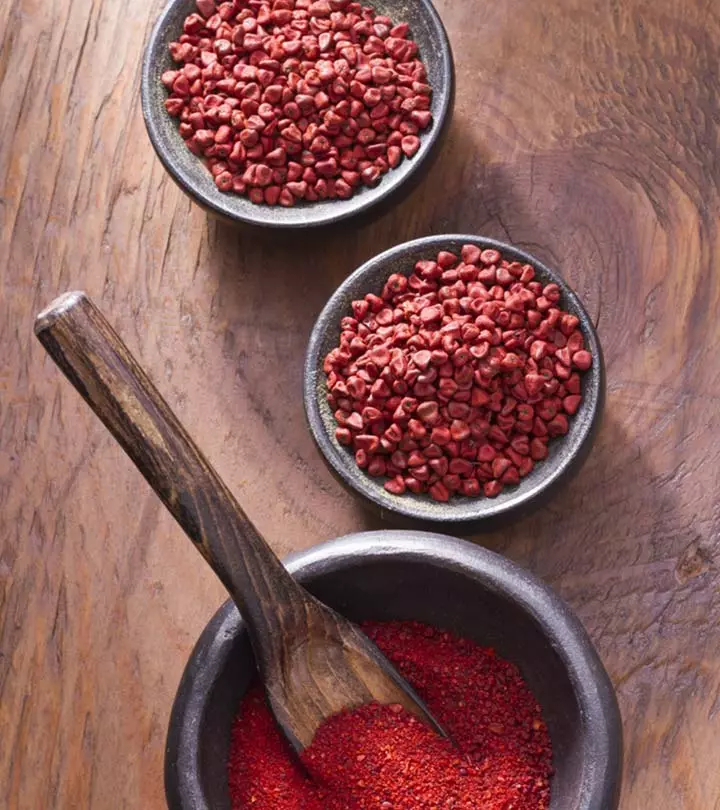


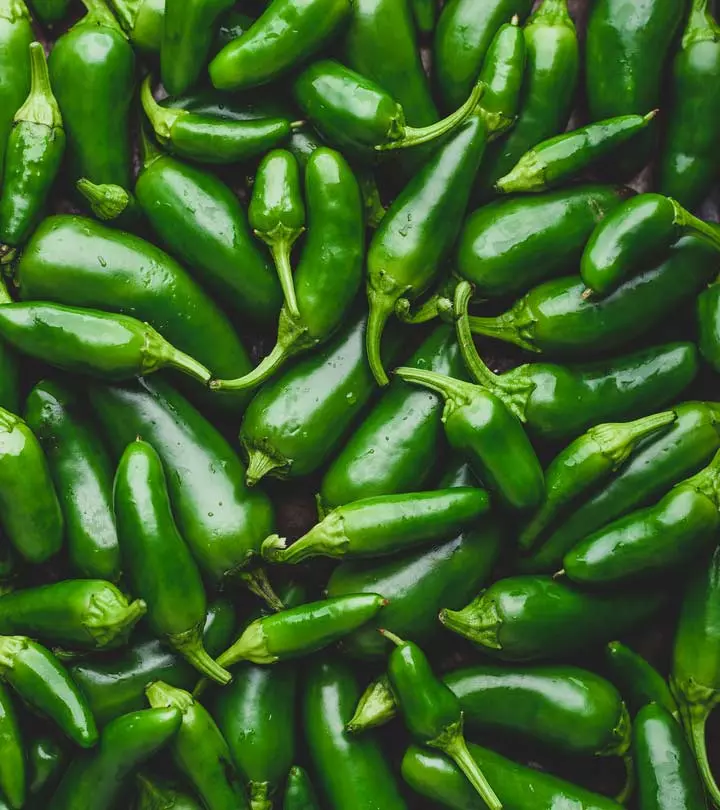
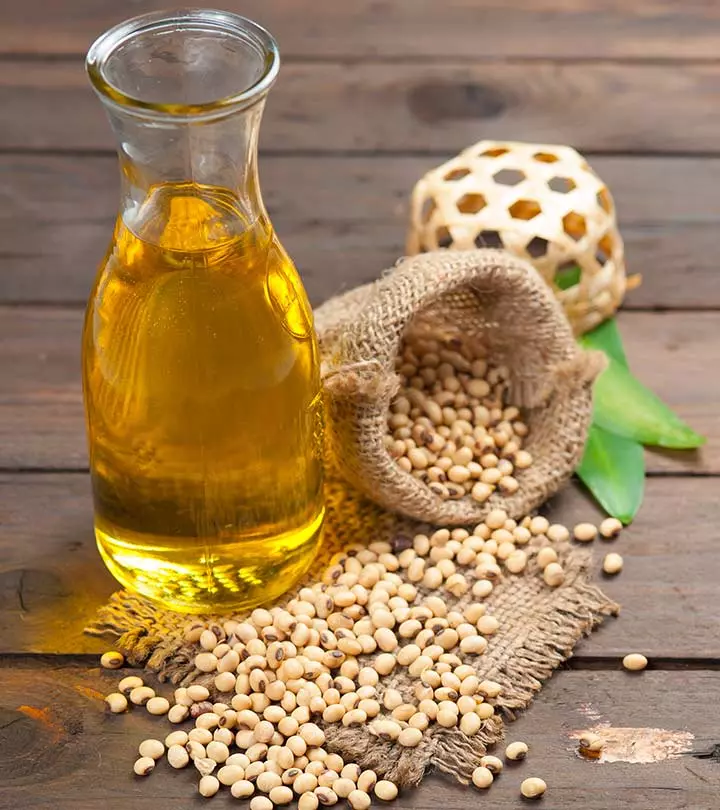


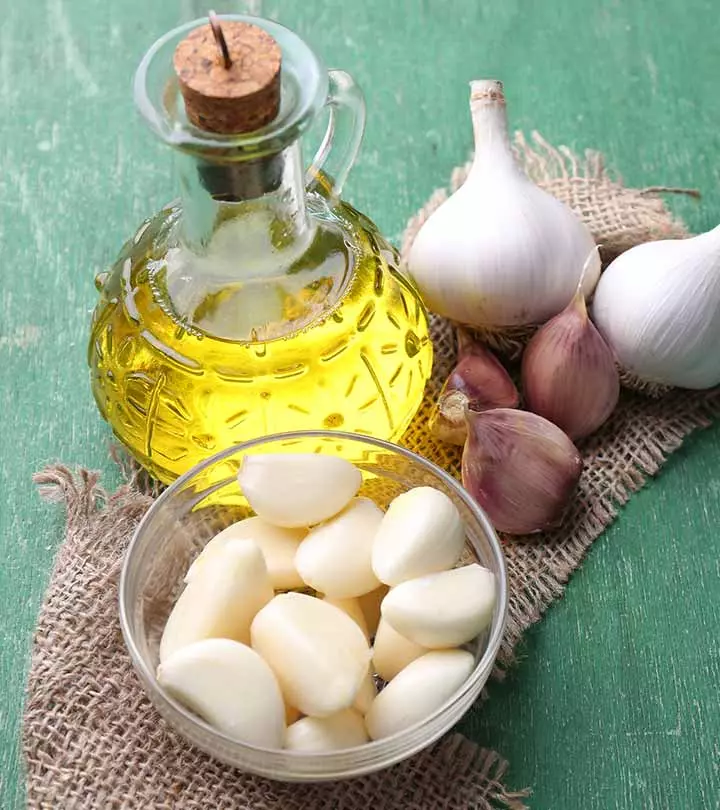
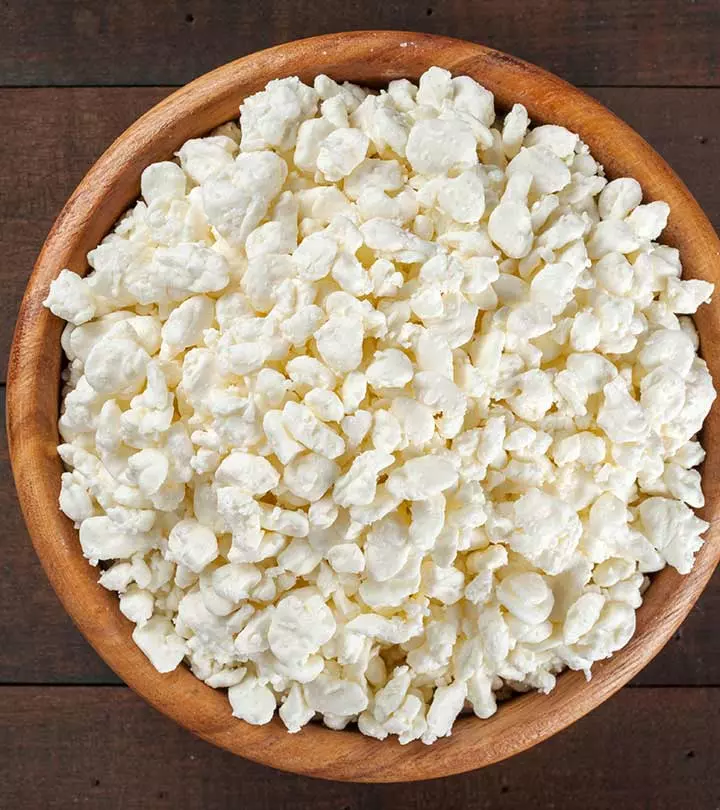





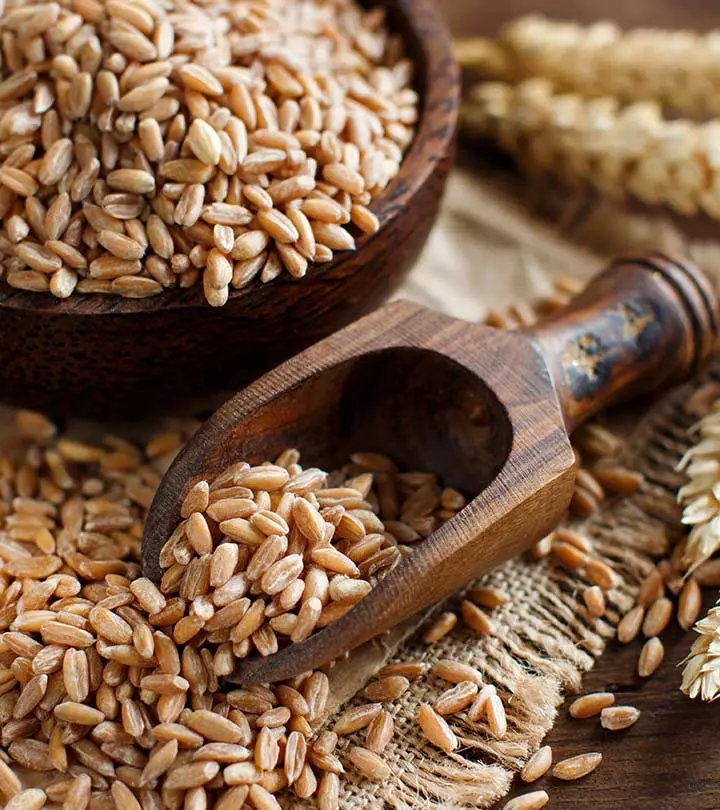

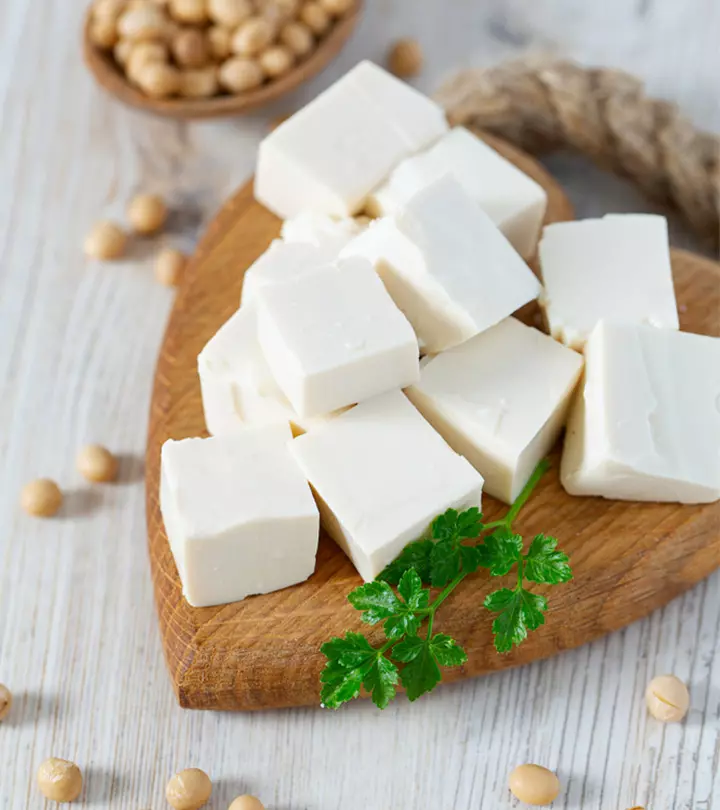

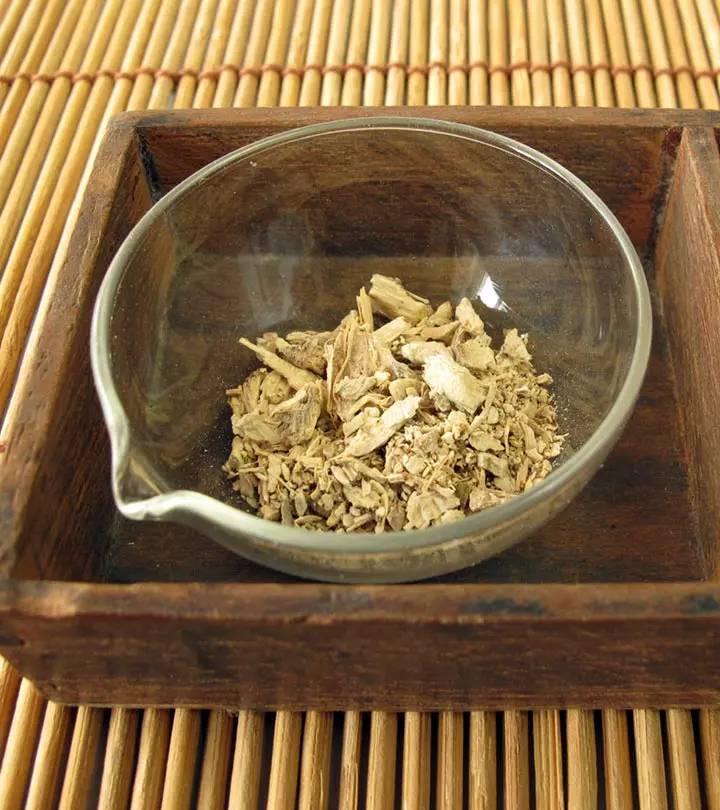

Community Experiences
Join the conversation and become a part of our empowering community! Share your stories, experiences, and insights to connect with other beauty, lifestyle, and health enthusiasts.